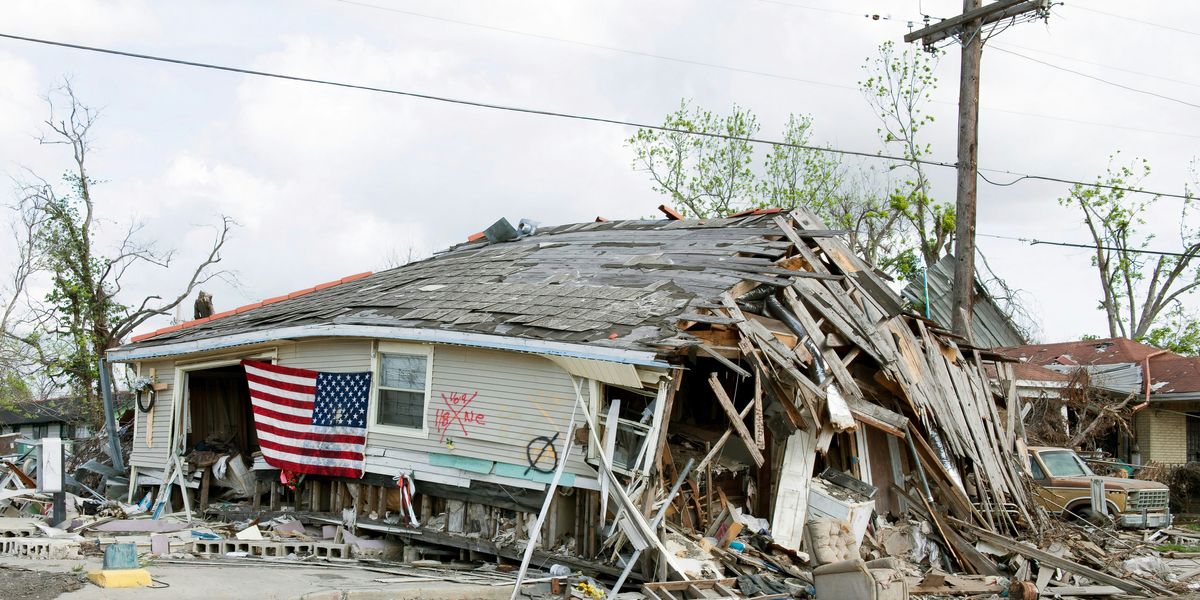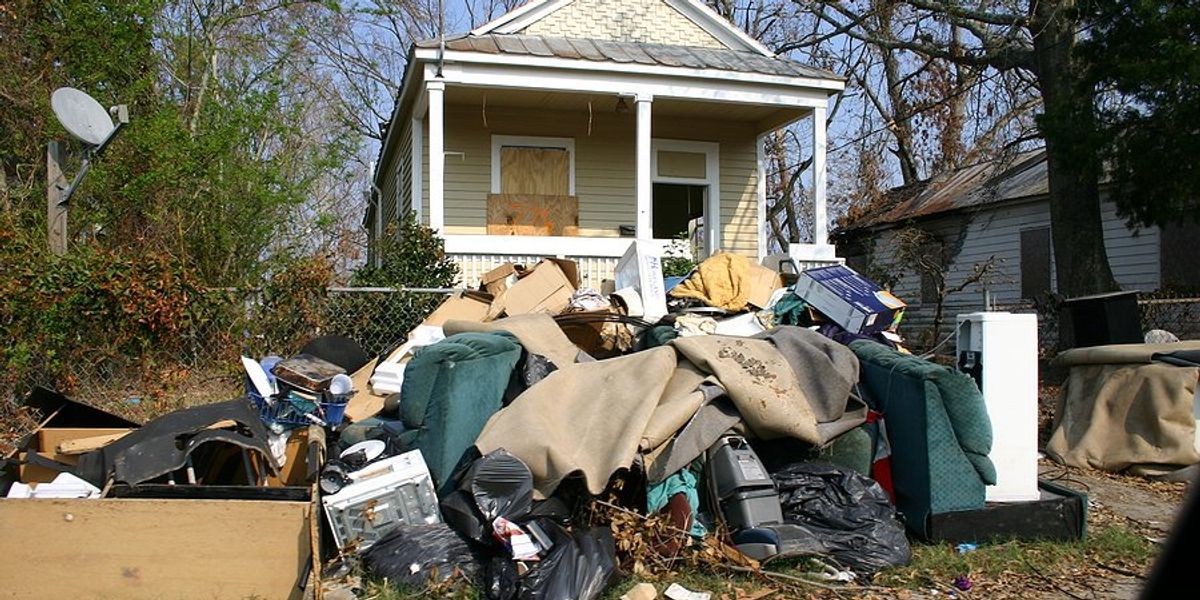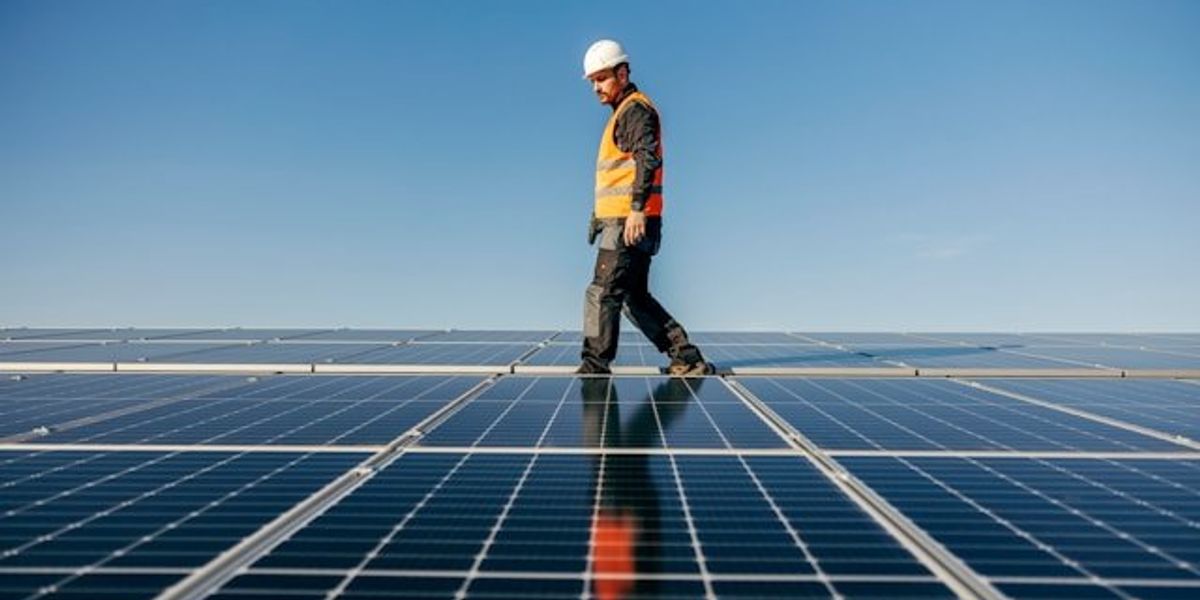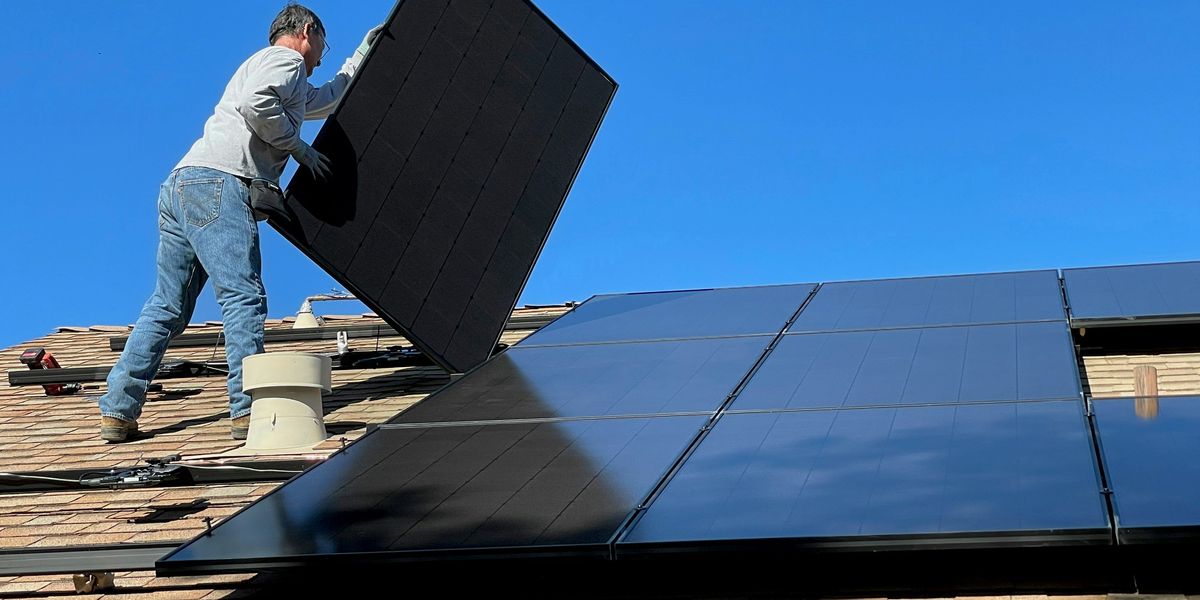
Texas offshore oil terminal gets federal approval
The Trump administration approved a license for the Texas GulfLink project, a deepwater oil export terminal off the coast of Freeport, Texas, allowing it to move forward with plans to ship up to two million barrels of crude oil per day.
Shelby Webb reports for E&E News.
In short:
- The U.S. Department of Transportation’s Maritime Administration approved Sentinel Midstream’s application to build the Texas GulfLink terminal about 30 miles offshore.
- The project aligns with the Trump administration’s goal of expanding U.S. energy exports and would serve as a major offshore crude oil hub.
- Sentinel officials did not disclose the project’s cost, timeline, or remaining permit requirements.
Key quote:
“This permitting milestone is a testament to the hard work, perseverance and expertise of the Sentinel team.”
— Jeff Ballard, CEO of Sentinel Midstream
Why this matters:
The Texas GulfLink terminal is poised to become a major player in U.S. crude oil exports. The offshore terminal, planned near Freeport, Texas, would allow for the direct loading of massive oil tankers, reducing the reliance on smaller vessels and onshore infrastructure. Proponents argue that this increases efficiency and strengthens energy security, particularly in a global market still shaped by geopolitical instability. But the project has also drawn criticism from environmental groups and climate advocates. Offshore terminals carry the risk of oil spills, which can have devastating effects on marine ecosystems and livelihoods.
Related: Deep-water oil terminal near Texas raises safety concerns













